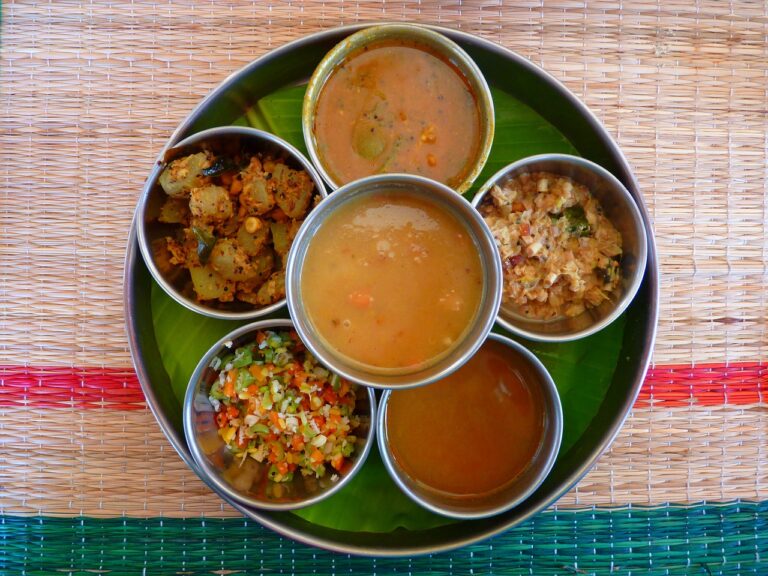The Influence of Food Trends on Restaurant Menus
When it comes to menu trends, various factors play a crucial role in shaping the dining preferences of consumers. One of the primary influencers is evolving consumer tastes and preferences. As consumers become more health-conscious and aware of dietary restrictions, there is a growing demand for healthier, sustainable, and allergy-friendly menu options. This shift has led many restaurants to revamp their menus by incorporating more plant-based, gluten-free, and organic offerings to cater to the changing needs of their clientele.
Another significant factor impacting menu trends is the influence of social media and online food communities. With the widespread use of platforms like Instagram and Yelp, food has become a form of art that is shared and celebrated digitally. This has resulted in a heightened emphasis on visually appealing dishes, unique presentation styles, and Instagram-worthy plating techniques. As a result, restaurants are increasingly focusing on creating aesthetically pleasing dishes that are not only delicious but also visually captivating to attract the attention of social media users and influencers.
Cultural Influences on Food Choices
Cultural influences play a significant role in shaping individuals’ food choices and preferences. These influences are rooted in traditions, beliefs, and societal norms that have been passed down through generations. In many cultures, food is not just a source of sustenance but also a way to connect with one’s heritage and identity.
The culinary practices of a culture often reflect its history, geography, and values. Ingredients, cooking methods, and flavors can all be traced back to a culture’s unique customs and traditions. As individuals navigate a globalized world, they may blend elements of different cultures into their own food choices, creating a diverse and dynamic culinary landscape.
Local Sourcing and Sustainability in Menu Development
Local sourcing and sustainability in menu development have become key considerations for restaurants looking to attract environmentally conscious consumers. By sourcing ingredients from local farms and producers, restaurants can reduce their carbon footprint and support the local economy. Embracing sustainable practices not only benefits the environment but also enhances the overall quality and freshness of the dishes served.
Incorporating local and sustainable ingredients into menu offerings can also create a unique selling point for restaurants, appealing to diners who are increasingly seeking ethically sourced and environmentally friendly options. Consumers are becoming more aware of the impact of their food choices on the planet, leading to a growing demand for menus that prioritize sustainability. As such, restaurants that prioritize local sourcing and sustainability are well-positioned to capitalize on this trend and differentiate themselves in a competitive market.
• By sourcing ingredients locally, restaurants can reduce their carbon footprint
• Supporting local farms and producers helps boost the local economy
• Sustainable practices enhance the quality and freshness of dishes served
• Offering locally sourced and sustainable menu items creates a unique selling point for restaurants
• Ethically sourced options appeal to environmentally conscious diners
• Consumers are increasingly prioritizing sustainability in their food choices
• Restaurants that prioritize local sourcing and sustainability can stand out in a competitive market
What factors impact menu trends in the food industry?
Menu trends in the food industry are influenced by a variety of factors, including consumer preferences, culinary innovation, dietary trends, and sustainability concerns.
How do cultural influences affect food choices on menus?
Cultural influences play a significant role in shaping food choices on menus, as they dictate what ingredients, flavors, and cooking methods are popular in different regions.
Why is local sourcing important in menu development?
Local sourcing is important in menu development because it supports local farmers and producers, reduces the carbon footprint of ingredients, and ensures fresh, high-quality food for consumers.
How does sustainability play a role in menu development?
Sustainability is a key consideration in menu development as it focuses on using resources in a way that meets the needs of the present without compromising the ability of future generations to meet their own needs. This includes sourcing ingredients responsibly and minimizing food waste.







